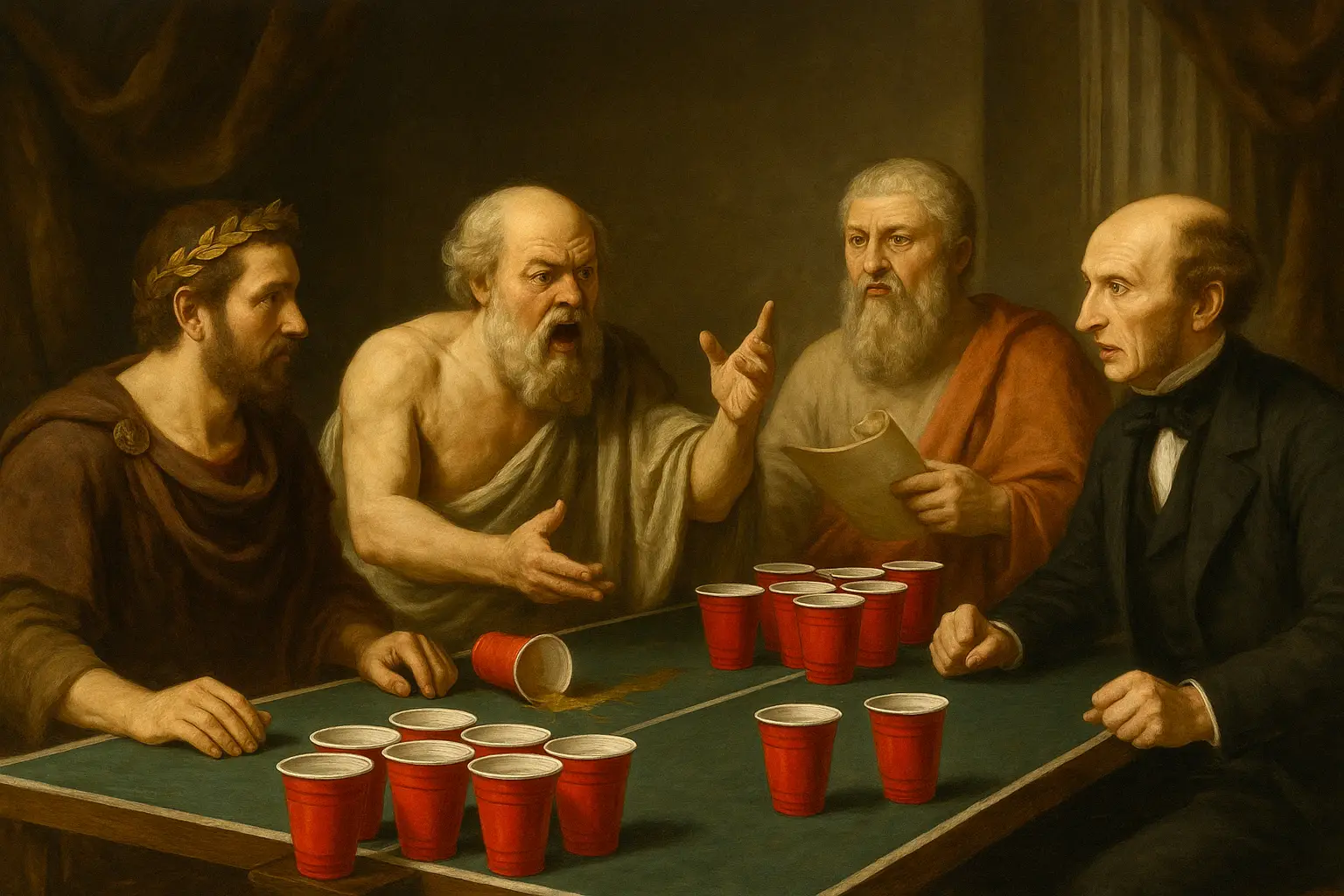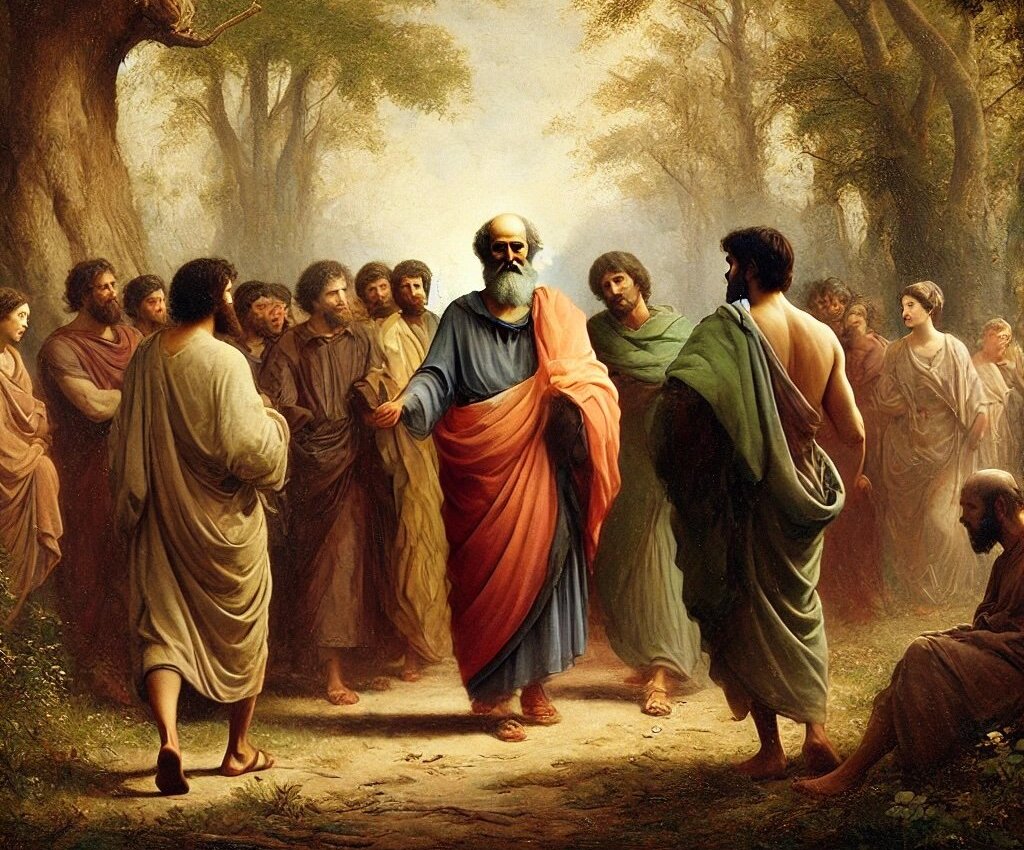Now Reading: How to Disagree Like a Philosopher: The Art of Constructive Discussions
1
-
01
How to Disagree Like a Philosopher: The Art of Constructive Discussions

How to Disagree Like a Philosopher: The Art of Constructive Discussions
Previous Post
Next Post
Loading Next Post...




